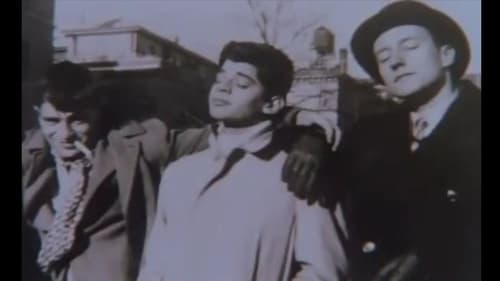
Gary Snyder
In the mountains and monasteries of China, four translators and writers recount the life and work of Tang dynasty hermit poet Han Shan (Cold Mountain).

Himself
Using rare archival footage and interviews with noted artists, philosophers, and scholars such as Huston Smith, this film examines the life and teachings of D.T. Suzuki, the celebrated Japanese religious philosopher who first brought Zen Buddhism to the West. This film explores Suzuki's travels in America, his teachings on satori (enlightenment) and other Buddhist concepts, his influence on Western art and psychology, and more.

Self
Traces the Beats from Allen Ginsberg and Jack Kerouac's meeting in 1944 at Columbia University to the deaths of Ginsberg and William S. Burroughs in 1997. Three actors provide dramatic interpretations of the work of these three writers, and the film chronicles their friendships, their arrival into American consciousness, their travels, frequent parodies, Kerouac's death, and Ginsberg's politicization. Their movement connects with bebop, John Cage's music, abstract expressionism, and living theater. In recent interviews, Ginsberg, Burroughs, Kesey, Ferlinghetti, Mailer, Jerry Garcia, Tom Hayden, Gary Snyder, Ed Sanders, and others measure the Beats' meaning and impact.

More than 20 contemporary North American poets recite, sing, and perform their work. Early in the film, Charles Bukowski talks about the energy of poets and of a poem. These poets are the children of Walt Whitman and of Charles Olson, incantatory and oratorical, radical, sometimes incorporating contemporary political imagery. Black Mountain poets, the Beats, minimalists like John Cage, the wordless Four Horsemen, Tom Waits, and others capture aspects of poets as troubadours.



